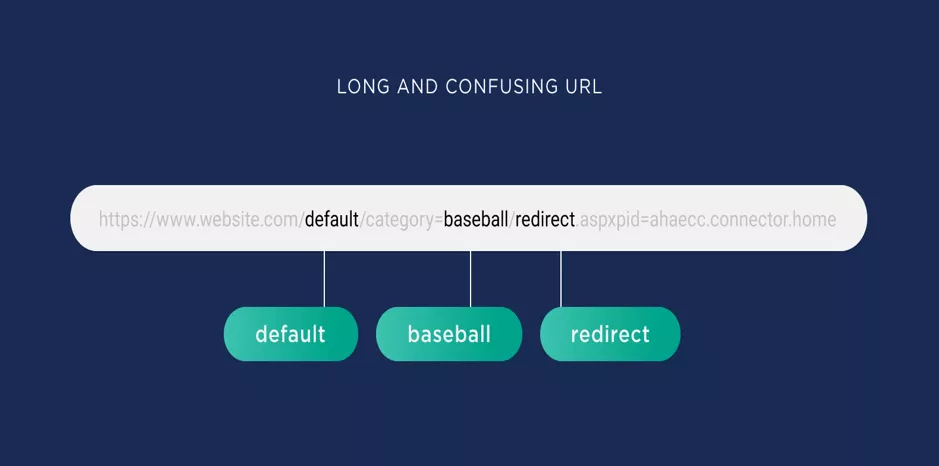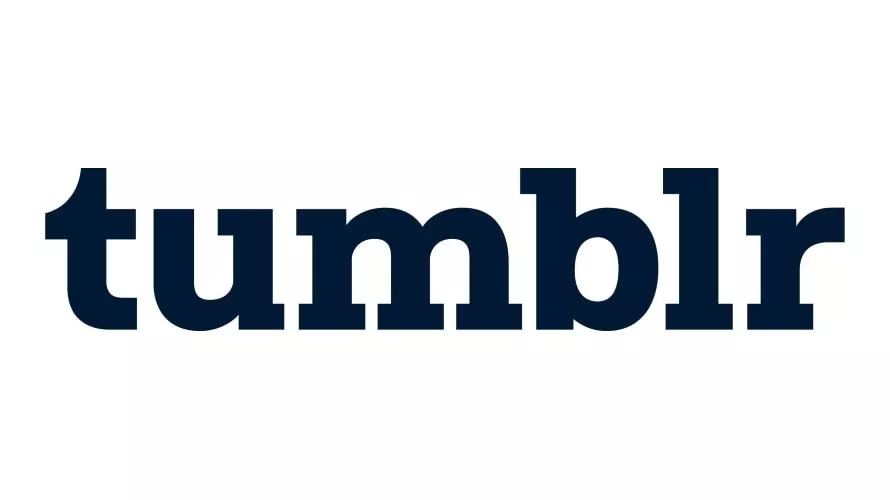What is SEO and the Dark Art of SEO?
SEO, elongated as Search Engine Optimization ensures that any website, profile, and content are top ranked on search engines like Yahoo, Bing, and most importantly, the dark master, Google. Some social media platforms, like Instagram and YouTube, employ algorithms that are like search engine algorithms. For potential customers and readers to find and access any specific material fast, SEO is used.

There is a procedure, nearly like a black art that should be followed by people to find any website while they are searching for services, goods, or information. If this is done correctly, the website will appear at the top of the organic search results, possibly even directly at the top. Since users will not use Google Adwords to achieve click-through, doing SEO correctly can save tons of money.
Any company that feels it has the money to waste might easily lose thousands of dollars to the dark arts of SEO. Finding an SEO consultancy that gives very little for a lot of money is easy in the online era where multiple people may claim to be an expert.
Building SOLID SEO Strategy?
Know these steps
Identify the Keywords

SEO is based on keywords, which users employ to search for products and information online. Thus, choosing the right keywords is essential for SEO performance.
To provide search results, search engines connect keyword-rich websites with search phrases. Therefore, the content of the user’s website needs to be optimized for keywords that the target clientele uses to search for services and products like theirs.
Users must do keyword research to decide which keywords to concentrate on to uncover the keywords the target audience uses; this also comprises using keyword research tools. These tools display the competition, keyword search volume, and related keywords that users can target.
Relevance, competition, and search volume should all be taken into consideration when selecting keywords for the SEO approach. Relevant keywords are ones that are connected to the company’s offerings of services and goods. The amount of searches for a specific term within a specific time period is referred to as ‘Search Volume’.
Review Every Page for Advance Placement of Keyword

There are some general recommended practices for keyword placement that might direct the user’s strategy:
- Use Naturally: Include the keywords naturally throughout the material. Again, avoid overloading the content with keywords.
- Placing Strategically: The URL, page title, headers, meta description, and content should all contain keywords. Avoid cramming the website with keywords, which could harm its reputation and rating.
- The Long-Tail Keywords: Longer, more accurate keywords are less competitive as compared to the broader, shorter keywords.
Most companies strive to naturally and strategically incorporate the desired keywords throughout the entire website. The target term should be in the page title, meta description, URL, and at least one header on each page, according to the strategy.
Produce the Top Quality Content

Users must develop high-quality content that answers consumers’ questions and adds value to them, for them to share it with others through social media in addition to including keywords in it.
Remember to Add Metadata

When someone searches for any website, metadata will show up in the SERPs (Search Engine Results Pages). Metadata can increase the visibility of the website in the search results and boost user clicks.
Title tags and meta descriptions are the two sorts of metadata on which users should concentrate. The title tag is simply the headline that displays in the search results, whereas the meta description provides a succinct summary of the page’s content.
Adding metadata is often simple if users are using a Content Management System like Squarespace or WordPress. There are built-in metadata fields on many CMS platforms that users may fill out for each page. Metadata can be added to each page’s HTML code for individuals who use a platform that doesn’t do this for them automatically.
Each page’s metadata is optimized by most companies. They use descriptive, brief, and appropriate title tags for the content of the page. They summarize the content in their meta descriptions, include pertinent keywords, and a call to action to boost clicks.
Adopt Keyword-Rich URLs for the Website

The URL of every page on the website should contain one or more of the main keywords. When someone types a search query into Google’s search bar, this helps it determine which pages are the most pertinent to the query.
Develop more Links to the Page

Link building for SEO is necessary. The website’s search engine rankings and exposure can both benefit from links from reliable sources.
Users can develop links by guest blogging, often known as ‘Guest Posting’. This entails writing a blog post with a backlink to the website for a different sectoral or specialized website. Search engines can trust the website more due to the backlinks.
It’s crucial to concentrate on producing high-quality content when guest blogging. When users only use guest writing as a way to advertise their own business or website, it may turn out ‘spammy’.
Employ Professionals

An SEO specialist can improve any website’s search engine rankings, increase website traffic, and increase sales. Consider these “green” and “red” signals to determine if an SEO consultant is reliable:
Green Flags:
- Proven Track Record: To assess skills, client references, or request case studies.
- Transparent Reporting: A qualified specialist must offer regular updates on the development of the campaign.
- Updated Best Practices: Hire an SEO consultant who is updated on industry top trends and practices.
Red Flags:
- Overnight Result Promises: Avoid SEO advisors who assure high rankings or quick outcomes. Results from SEO take time to appear.
- Black Hat Methods: Work with SEO experts who don’t employ black hat methods like keyword stuffing or buying links.
- Healthy Communication: An ideal SEO professional must be highly responsive and communicative during the campaign.
Enhance the User Experience
Ensuring that people have a positive experience when they visit the website is another crucial aspect of ranking good on search engines. Make sure that pages load quickly and incorporate social sharing buttons to make it simple for users to share content on their networks.
Stick to the Basics
The most crucial thing to keep in mind is that SEO is constantly changing. Starting with the fundamentals is a smart idea since tactics that are effective now might not be effective tomorrow.
Think about how to grow any business, how competitors & consumers should view it, and the kind of experience is expected of clients. From there, work backward to determine the best techniques to assist in achieving those objectives.
Wind Up
A single article like this cannot aim to educate an individual to perform SEO miracles overnight. One should not have just one practice to rule the ranking, instead, a set of multiple practices lead to healthy rankings for a long time.
In conclusion, it is unclear how to rank on the first page of search results. There are just best practices, and spreading the word about any page requires imaginative thinking. Start by employing the audience users are after with some cross-brand promotion or a strategic social media campaign. Get in contact in case of trouble with search and social exposure.







